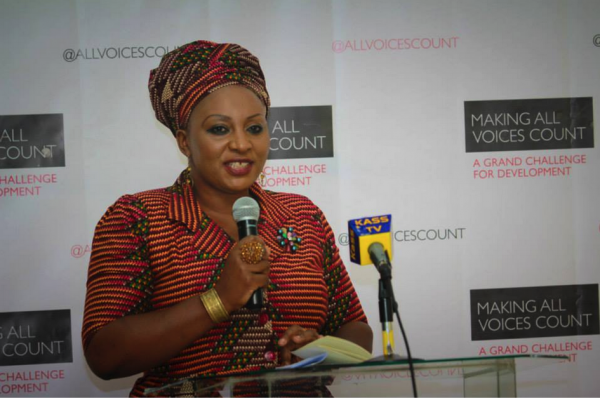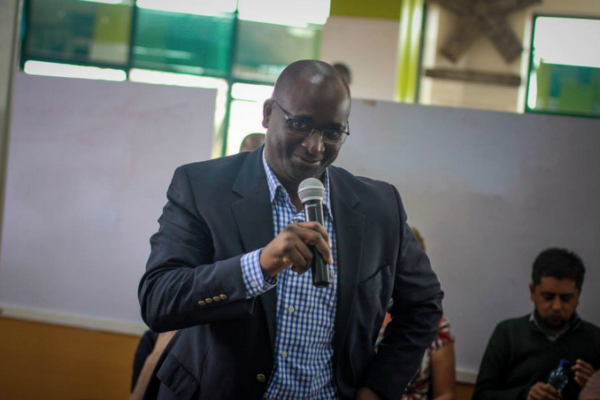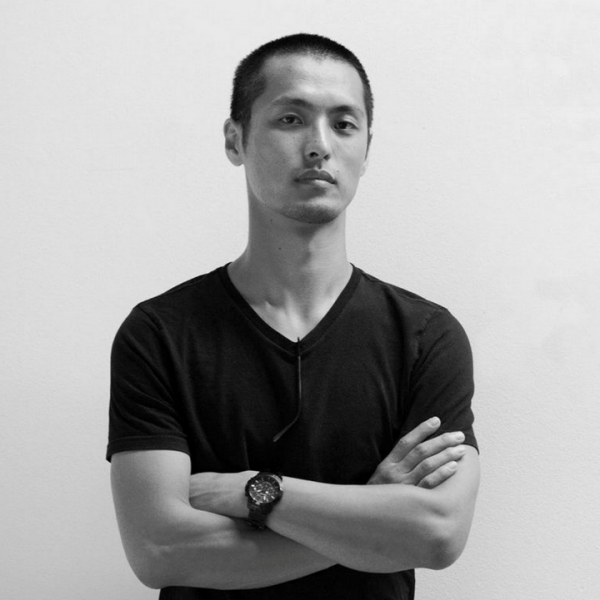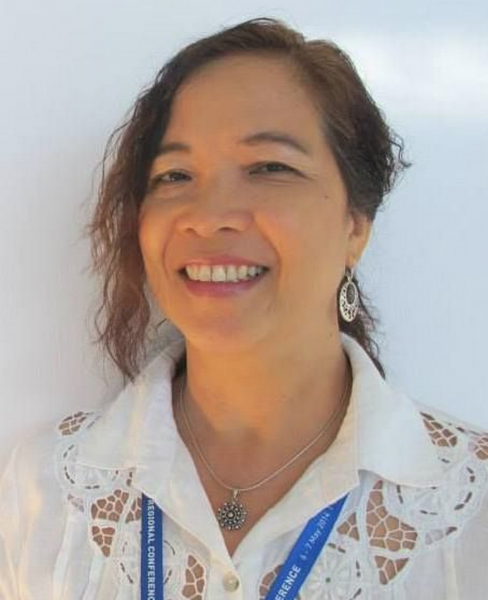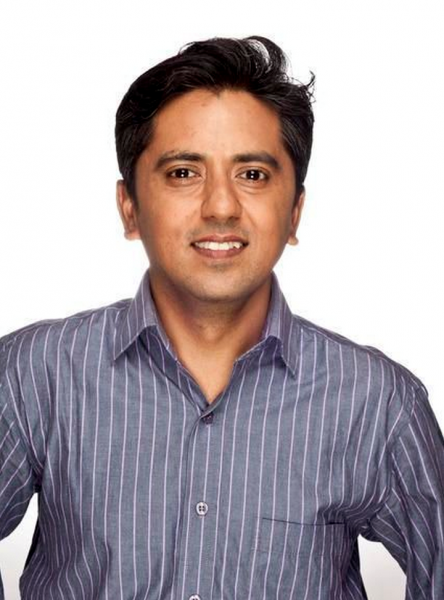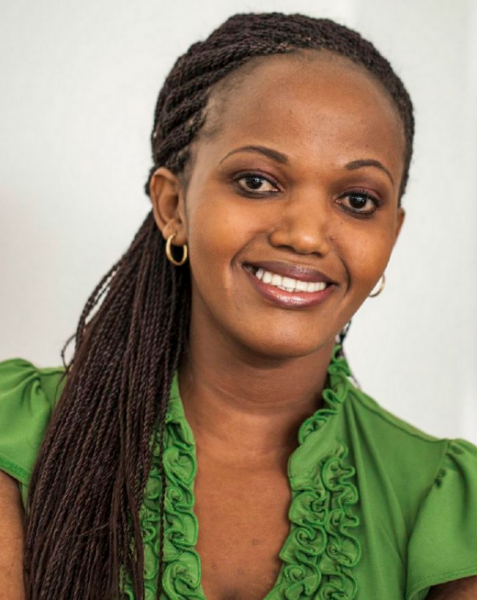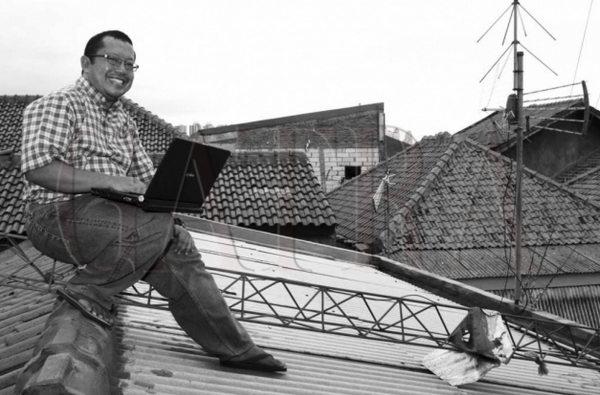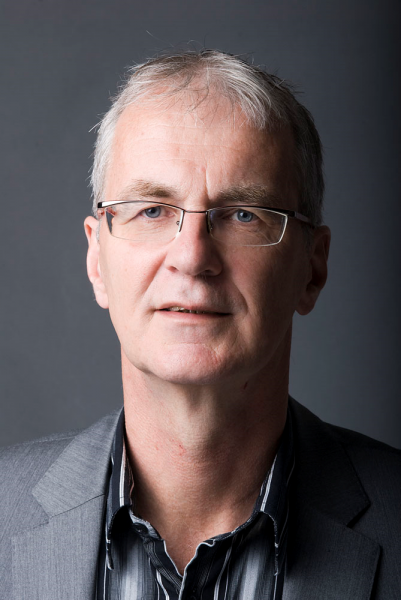The 2015 Global Innovation Competition culminates this month as ten teams of finalists gather for a week of mentoring and learning from April 13th-17th in Jakarta, Indonesia.
At the end of the week the Competition Jury, chaired by Dr. Sheila Ochugboju, will decide which teams will receive a grant from the pool of £300,000 and six months of mentoring from our South2South lab to help them turn their ideas into reality.
In this post, we feature our jury and ask them how they see innovations changing the way governments interact with citizens, and what advice has shaped their own careers in innovation.
1) Chair of the Jury: Sheila Ochugboju – Founder of Africaknows, TED fellow, previous Chief Communications Officer for the African Center for Economic Transformation (ACET).
How do you see innovations changing the way governments interact with citizens?
My mother told me to ignore my rigid headmistress who said I didn’t have a scientific brain and should not consider choosing science, but rather pursue a career in the arts. She said: “Whatever kind of brain you’ve got, you can make it do whatever you want in life. You are the master of your brain, not the other way around.”
When I went on to successfully complete my research for a Ph.D in Plant Biochemistry by the time I was 25, I realised she was totally right. And so was my headmistress! Maybe I am essentially a creative at heart, but I also learned to discipline my mind to rigour.
How do you see innovations changing the way governments interact with citizens?
The kind of innovations supported by the Making All Voices Count process are definitely changing the way governments interact with citizens.
They give voice to “voiceless” communities and amplify the voices of those who struggle to speak out; or they simply shed light on the fault lines that run through failing institutions, processes and systems governance. This is important for those of us who live and work in the developing world.
What initially happens is the rush of power that comes from just knowing you are not alone in your problem – that others share your concerns and passion for change around the world. Then there’s the incremental increase of knowledge that occurs faster now, in this digital space through the mediation of different technologies, which turns your little grain of knowledge into a pearl of wisdom, which can later unlock solutions to intransigent problems.
Empowered by a maturing knowledge base, and supported by an expanding community, the Making All Voices Count innovators are able to touch pressure points that critically question the viability of the social compact between government and its citizens. Innovators ask government – what are they doing to provide for basic needs and aspirations? And can they go beyond just that to create even better opportunities for inclusive, sustainable growth?
These are all revolutionary innovations; baby steps, pinpricks of light, maybe… but still together they have the power to expose those who are wielding power without conscience or due care for their citizens.
2) Chris Kabwato – Director of Highway Africa, a centre within the School of Journalism and Media Studies at Rhodes University, South Africa.
How do you see innovations changing the way governments interact with citizens?
One of the key reasons for government impunity is secrecy. The Internet and mobile technologies have disrupted the culture of a cold, distant and arrogant governance. Now, senior public servants have to deal with a vociferous citizenry that demands responses in real time. It is a game-changer.
What was the best advice you were given in your life?
My father always lectured us: “Those who don’t learn from history are bound to relive it.” To understand today we have an even deeper understanding of the past. Technology on its own solves nothing – context is critical. And it is that context which we have to interrogate fully in order for us to develop appropriate solutions.
3) Jeff Hall – Consultant at the Innovation Lab Lead for UNICEF Indonesia establishing UNICEF Indonesia’s Innovation Lab and programmes.
How do you see innovations changing the way governments interact with citizens?
With the power of digital technology and new models for communities and citizens to interact with government, innovation is opening up new un-explored territory for what governance can be that is very exciting.
Innovation today offers new tools to create a more equitable society. That’s why competitions like Making All Voice’s count are so important – supporting discovery and exploring what these new forms of collaboration between citizen and society can be. Because it’s an uncharted territory, these types of competitions give us possible futures that and push the dialogue forward and create opportunities that didn’t exist before for change.
What was the best advice you were given in your life?
Experience is the best advice and the only way to get it is to go out there, take a chance, discover, learn for yourself and stick like glue to the amazing people you’ll meet along the way.
4) Tess Briones – Monitoring and Evaluation Officer at the Ateneo School of Government, which builds capacities toward resilient, disaster free and climate change-ready communities and local governments in the Philippines.
How do you see innovations changing the way governments interact with citizens?
Innovation is a positive force that will push the government to be adept to current technology so that vibrant, dynamic and productive engagement with its citizenry is easier to achieve.
What was the best advice you were given in your life?
Be relevant.
5) Faisal Chohan – Tech entrepreneur, geek and innovator from Pakistan. He is a leading expert in the area of online recruitment, open data and human computing. Works at BrightSpyre and Pakreport.
How do you see innovations changing the way governments interact with citizens?
To live you rely on the environment around you. You breathe in the atmosphere, you admire beauty around you and consume food grown near your residence. Governments by design live and work in isolation. The civic and tech innovators of today are ensuring governments’ survival for tomorrow by providing ideas and inspiration through innovative thinking and solutions.
What was the best advice you were given in your life?
Don’t be greedy. Always give away and you will have more in your life.
6) Dr Shikoh Gitau-Nyagah – Kenyan Senior Consultant, Technology Innovation for Inclusive Growth at Africa Development Bank.
7) Onno W. Purbo – Thought leader on Information Technology; Former Civil Servant and Lecturer at Institute of Technology Bandung.
How do you see innovations changing the way governments interact with citizens?
It is changing, but very very very slow.
What was the best advice you were given in your life?
It is best if you could benefit others.
8) Ben Witjes – Interim Director of Making All Voices Count and Head of Programmes and Projects at Hivos.
How do you see innovations changing the way governments interact with citizens?
By giving voice to citizens who do not get the government services they are entitled to, or to those who suffer when government power is abused. Innovations can now bypass the powers that be, amplifying citizen voice, bringing their issues to the attention of the media, the wider public and the people in government that do listen and act.
What was the best advice you were given in your life?
Fifteen years ago, I worked with Almitra Patel (Google her!) on improving solid waste management in Kanpur, India. She showed me that, no mater where you are, or who you are, if you experience a break down in government services, get out of your office or house and talk to people about it. It is too easy to write off government as unchangeable and to feel that you as an individual have no power to affect change, but understanding the real, contextual issues behind poor service delivery is key to finding what are often simple, but overlooked solutions.
